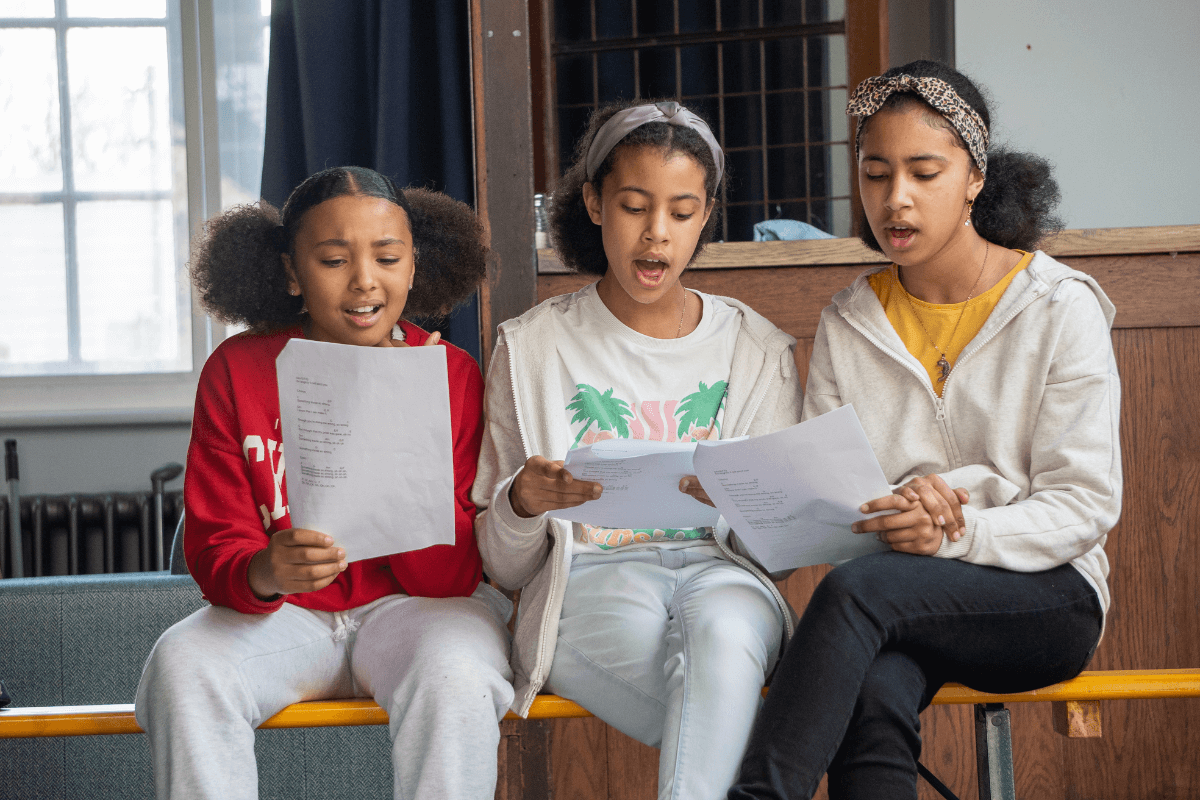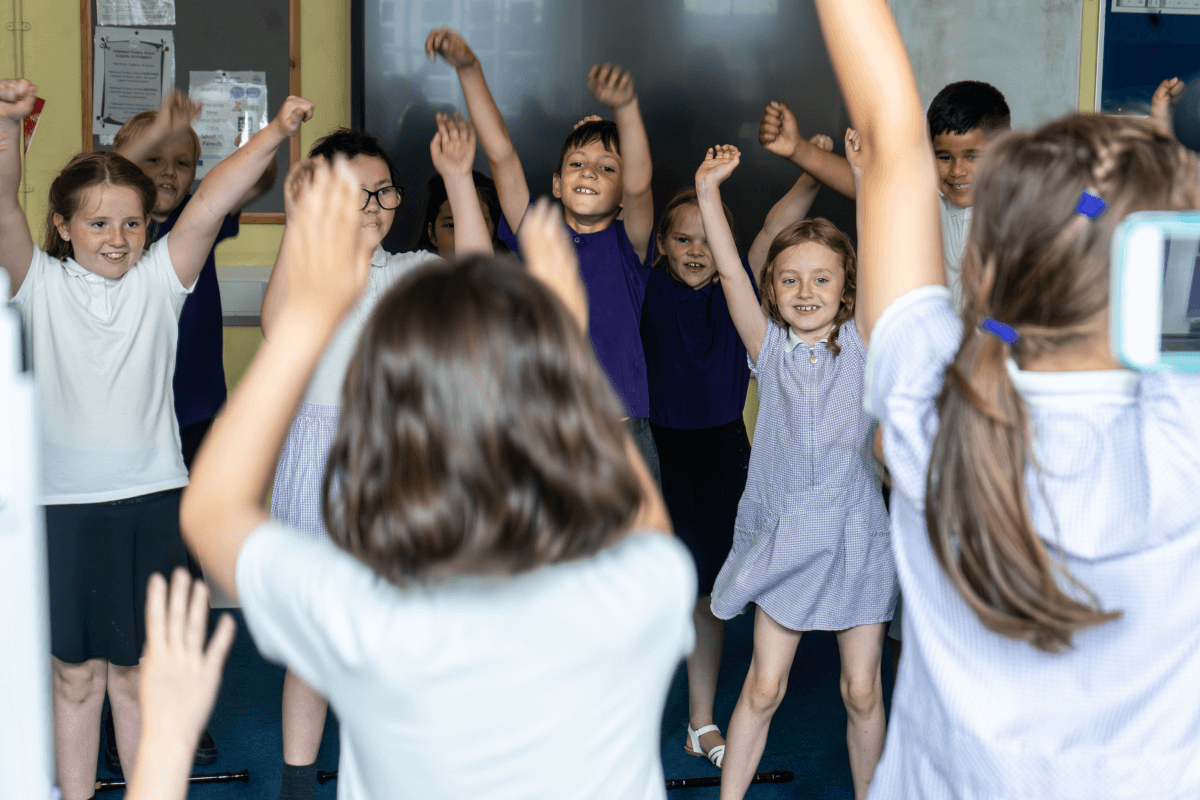Founded in 1998, Young Sounds UK (formerly known as Awards for Young Musicians) works across the UK to support young musicians from low-income families.
It offers a range of programmes for students and organisations to help fund young talent, make music education fairer, and tackle the barriers that young people face to achieving their potential.
Musical talent is everywhere but opportunity isn’t
Young Sounds exists because musical talent is everywhere but opportunity isn’t: financial and other obstacles too often get in the way.
Their mission is to change this in two ways: through funding and opportunities for young musicians from low-income families, and through training, advocacy and research to support the music education sector.
They work across the UK and across multiple genres of music, currently providing individual support for nearly 1000 young people aged 5 to 18 years.
Young musicians can apply for grants of up to £2,000
Its Awards Programme offers support to young instrumentalists, singers, songwriters, composers and producers from low-income families to help develop their musical potential.
The needs of the young people we’re here for, their families and the music educators working with them remain at the heart of everything we do.
The programme offers grants of up to £2,000 to financially eligible young people aged five to 17. Whether it’s for the cost of instruments, equipment, lessons, transport or exam fees, recipients can use their funding flexibly in a way that will best support their musical journey.
Chief Executive of Young Sounds UK, Hester Cockcroft, commented: “The needs of the young people we’re here for, their families and the music educators working with them remain at the heart of everything we do.”
You can find out more about eligibility and how to apply on the Young Sounds website.
 Young Sounds Gospel Music Taster Day at Lewisham Music. Image credit: Matthew Tiller.
Young Sounds Gospel Music Taster Day at Lewisham Music. Image credit: Matthew Tiller.
Free training to help organisations identify musical potential
For a truly diverse cultural sector, talent needs to be spotted early, and everywhere.
Young Sounds UK’s free training programme, Identifying Musical Talent and Potential, addresses one of the biggest obstacles to young people’s musical progress - identifying those with talent and potential, especially in whole class or larger group settings.
First piloted in 2008, this training has two strands: face-to-face or online training and a series of film resources. Our facilitators use creative musical activities to help music educators identify the key facets of musical potential in young people across educational contexts.
The training is free and can be booked by any organisation working with young people including Music Hubs, individual schools, Multi Academy Trusts, conservatoires and universities.
The Furthering Talent programme helps children continue their musical learning after primary school
Another major barrier to music education is the lack of financial and other support for making music once free, whole-class instrumental tuition in primary school comes to end.
Young Sounds’ The Furthering Talent programme is specifically designed to help young people sustain their musical learning after initial state-funded whole-class lessons end, so they can keep on progressing and playing music well into their teens and beyond.
Through personalised learning and multi-agency input, it offers instrumental lessons, individual learning plans, a personal bursary and group music-making sessions to students for at least two years.
The programme is running across 20 Music Hub regions across the UK. If you’re based in one of these areas,you can get in touch with the Young Sounds UK team.
 Identifying Musical Talent and Potential programme school session. Image credit: Matthew Tiller.
Identifying Musical Talent and Potential programme school session. Image credit: Matthew Tiller.
Young people need to be given genuine agency to create their own musical journeys
Having taken time to interrogate what the biggest obstacles were to the progress of young musicians from low-income families, Young Sounds UK, with the help of Youth Music funding, convened two series of roundtables with over 300 organisations across the music education sector.
A holistic music education environment is crucial to support these journeys, with many organisations and individuals together providing the key ingredients for children to progress.
The two major findings were that young people need to be given genuine agency to lead their own musical journeys, and that organisations and individuals need to work together to provide a holistic environment for young people to thrive.
Hester Cockcroft said “A holistic music education environment is crucial to support these journeys, with many organisations and individuals together providing the key ingredients for children to progress. No one can do this on their own!”
If you’d like to know more about any of the programmes and how to get involved, visit the Young Sounds UK website for details and contact information.